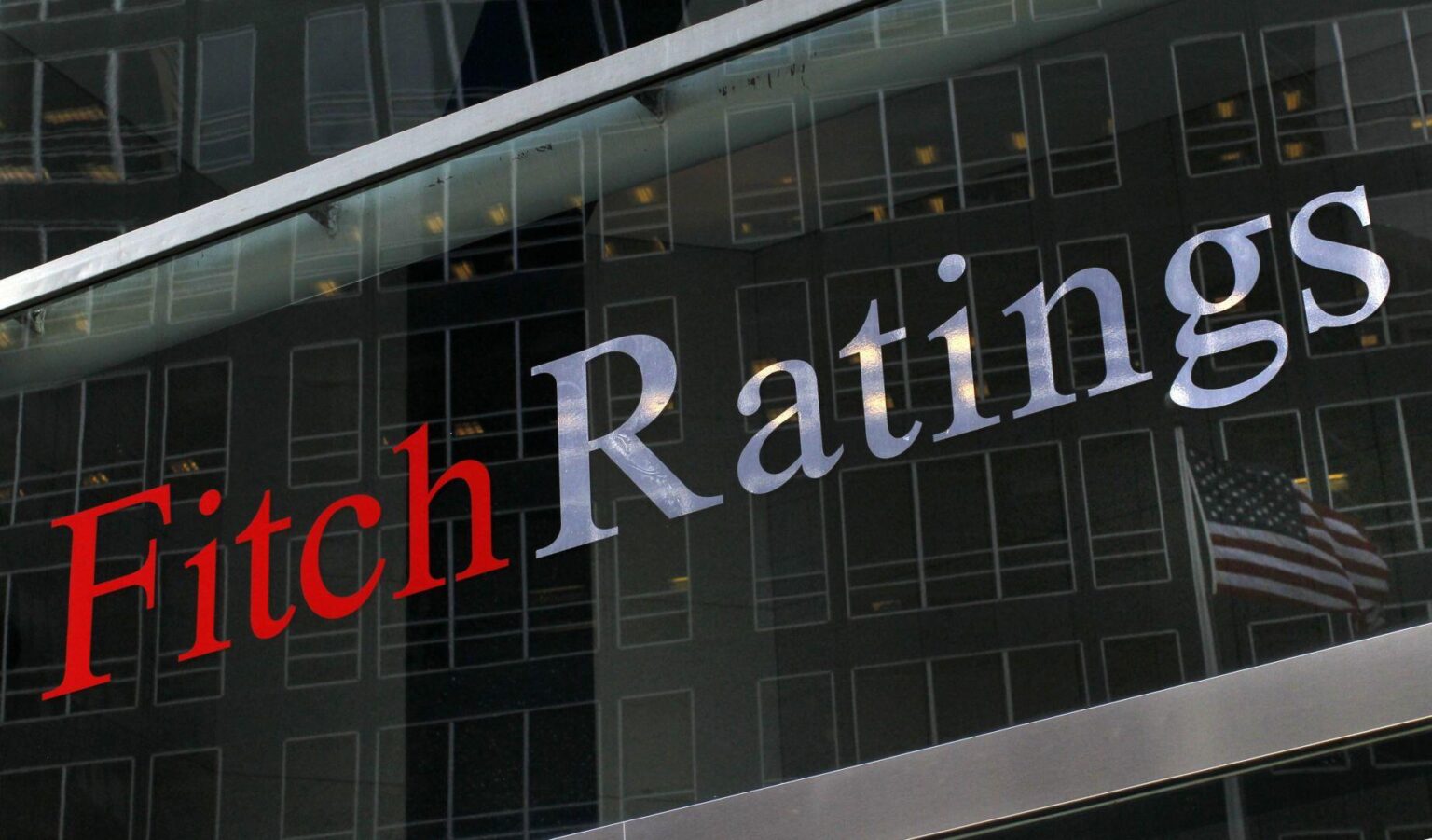- In a body blow, Fitch Ratings has moved Ethiopia’s rating from “CC,” where it had been downgraded in November, to the new status of “C”.
- This adjustment reflects the agency’s deepening concerns about Ethiopia’s economic health and the rising risk of default following a missed interest payment on 11 December.
- A further severe downgrade by Fitch Ratings to ‘restricted default’ (RD) looms if Ethiopia fails to make the coupon payment within the set 14-day grace period.
Fitch Ratings agency has served Ethiopia’s economy a gut punch by further downgrading Ethiopia’s credit rating into junk territory, expressing concerns about the “increased likelihood” of default by the second most populous country in Africa.
This economic setback for Ethiopia, home to approximately 120 million people, comes as a result of the country’s failure to meet its financial obligations to creditors. Specifically, Ethiopia was unable to pay a coupon on its single outstanding $1 billion Eurobond, which was due on December 11. Reports emerged last week detailing the country’s struggle to make this payment, raising questions about Addis Ababa’s financial stability.
“The government announced on 8 December that Ethiopia was not in a position to make the coupon payment. Fitch views the failure to make the coupon payment as the beginning of a sovereign default process and consistent with a ‘C’ rating,” Fitch noted in an industry update.
Fitch Ratings cuts Ethiopia to “C”— a junk status
The downgrade by Fitch Ratings is a notable blow, moving Ethiopia’s rating from “CC,” where it had been downgraded in November, to the new status of “C.” This adjustment reflects the agency’s deepening concerns about Ethiopia’s economic health and the rising risk of default.
The downgrade to junk status indicates a heightened level of skepticism about Ethiopia’s ability to meet its financial commitments, potentially affecting investor confidence and access to international financial markets.
Ethiopia’s economic challenges, as highlighted by Fitch Ratings, underscore the broader issues facing the country. The failure to pay the Eurobond coupon and subsequent credit rating downgrade raise questions about the government’s fiscal management, economic policies, and the overall financial health of the East African nation.
As Ethiopia navigates these economic uncertainties, there is a pressing need for strategic reforms and measures to restore confidence in the country’s financial stability and credibility on the international stage.
Fitch Ratings’ recent downgrade of Ethiopia’s credit rating to ‘CC’ from ‘CCC-‘ on November 2, 2023, signals deepening concerns about the country’s economic stability. The primary factors contributing to this downgrade include a heightened likelihood of a default, a substantial dip in external liquidity, significant financing gaps, and Ethiopia’s involvement in the G20 Common Framework (CF) debt relief initiative.
Read also: Egypt and Ethiopia among six nations set to join BRICS
Downgrade complicates Ethiopia’s financial outlook
The CF’s guiding principle of comparable treatment for official and private creditors further complicates Ethiopia’s financial outlook. This downgrade reflects a challenging economic environment for Ethiopia and could prompt international credit agencies to reassess the country’s creditworthiness.
Adding to Ethiopia’s economic woes, Fitch Ratings issued a stark warning that the country could face an even more severe downgrade to ‘restricted default’ (RD) if it fails to make the coupon payment within the stipulated 14-day grace period.
This potential further downgrade underscores the urgency of Ethiopia’s financial situation and emphasizes the critical need for immediate corrective measures to prevent a default event.
Ethiopia’s recent agreement in principle with its official bilateral creditors to suspend debt service from January 1, 2023, to December 31, 2024 (excluding obligations to China), offers a temporary respite.
However, the precarious nature of this arrangement becomes apparent as creditors under the Official Credit Committee (OCC) reserve the right to suspend the debt service agreement if Ethiopia fails to secure a program with the International Monetary Fund (IMF) by the end of March next year. This underscores the importance of Ethiopia’s commitment to implementing effective economic reforms and securing international support to stabilize its financial position.
Ethiopia’s pursuit of debt relief under the G20’s Common Framework in early 2021 faced initial delays due to the conflict within the Tigray region. The want-away Tigray region’s internal strife hindered the progress of Ethiopia’s efforts to secure debt relief, highlighting the complex challenges the country faces in managing both internal conflicts and external economic pressures.
Despite these challenges, Ethiopia’s engagement with the G20 Common Framework underscores the importance of international collaboration in addressing the economic hardships faced by countries seeking debt restructuring.
Read also: Sub-Saharan Africa: growth slowdown as debt and instability bite
G20 Common Framework
Fitch Ratings notes that official-sector debt treatment for Ethiopia would not be considered a distressed debt exchange under its sovereign rating criteria. However, Fitch adds that official creditors may advocate for comparable treatment for private-creditor claims under the G20 Common Framework.
This distinction underscores the interconnectedness of official and private debt in the broader context of debt relief negotiations and the need for equitable treatment across creditors to ensure a comprehensive and sustainable solution for Ethiopia’s financial challenges.
“Ethiopia failed to reach an agreement on debt suspension with Eurobond holders in meetings before the 8 December announcement but the government is set to launch further negotiations with bondholders on 14 December,” Fitch said.
Upon default, Ethiopia will become the fourth African country to fail to honour its loan obligations since the start of the Covid-19 pandemic. Zambia and Mali defaulted in late 2020 and early 2022 and respectively. Ghana defaulted on its credit obligations in December last year.
